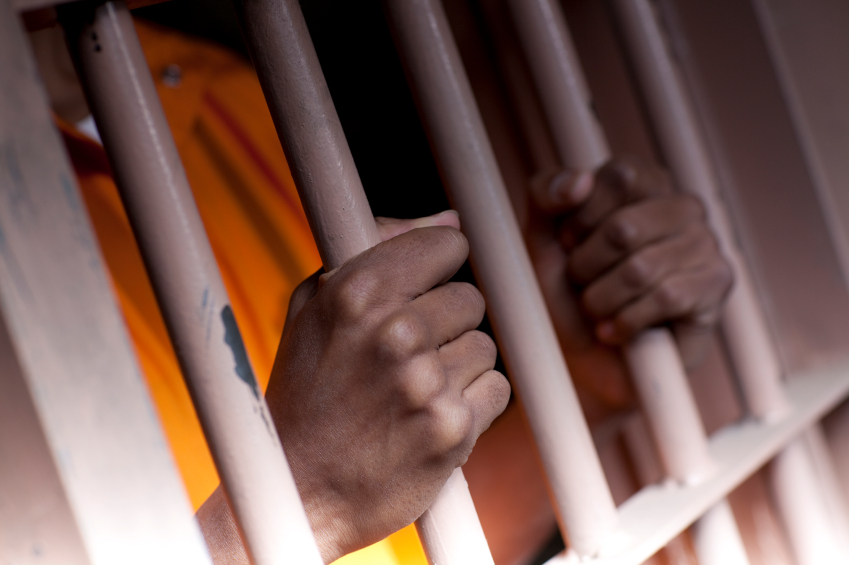California’s Three Strikes Law – Part Two


In 1994, Californians voted in the Three Strikes Law, but after decades of unfair and expensive punishments, Californians began to realize the problems that came with the law. In this second part of a two-part blog series, jD LAW, P.C., is examining how the law came to be amended.
The original Three Strikes Law stated that any defendant convicted of more than two serious felonies was automatically sentenced to 25 years to life in prison for a third crime. It did not matter what the third strike, or offense, was. A person was automatically sentenced, and a judge could use no discretion in the case.
People ended up spending the rest of their life in prison for minor charges. The prisons were becoming overcrowded, and it was costing the state and the taxpayers money. Some even argued that it violated the Eighth Amendment to the U.S. Constitution, as it could be considered cruel and unusual punishment.
When voters initially passed the Three Strikes Law in 1994, they also passed Proposition 184. This proposition stated that any amendments made to the Three Strikes Law had to be voted in by the people. During the early years of the law, voters continued to amend the law. Unfortunately, these amendments only broadened the definition of offenses considered to be strikes, sending even more people to prison for minor crimes.
In 2012, though, Californians voted in Proposition 36. This eliminated the worst parts of the law and gave many prisoners their freedom back. Today, California lawmakers are discussing even more changes to this law that could further reduce penalties for certain offenses.
Proposition 36
In 2012, as Americans voted in the new President of the United States, Californians also voted on Proposition 36. When the results were in, it was clear that voters overwhelmingly voted to pass the new law—nearly 70% of Californians voted it in.
There were two major changes made under Proposition 36. The first was that defendants could only be sentenced to 25 years to life in prison if they had two strikes on their record and committed a third serious felony. This eliminated the possibility of defendants being sentenced to life in prison for minor charges such as shoplifting, even if they already had two strikes on their record.
Proposition 36 also provided relief to those who were currently in prison serving a life sentence for a minor crime. The proposition stated that when the third strike did not involve a violent or serious felony, a defendant serving time in prison had the right to petition the court to have his or her sentence reduced.
The Effects of Proposition 36
When Proposition 36 was first proposed, lawmakers opposed to it stated that it would put Californians at risk, as criminals were released back onto the streets. Those fears proved to be unfounded shortly after eligible three strikes inmates were released from California prisons.
It has been estimated that approximately 45% of inmates released from California prisons re-offend within 18 months of their release. But a New York Times study that reviewed cases of 2,000 prisoners released as a result of Proposition 36 found that only 4.7% had re-offended and been sent back to prison. In all cases, those who did re-offend still did so within the first 18 months of their initial release.
In 2015, four years after Proposition 36 was passed, the number of felons serving a life sentence under the Three Strikes Law fell to a 15-year low. This is further proof that the changes made to the original law are working.
Proposed Changes to California’s Three Strikes Law
Proposition 36 may have reduced sentences for those convicted of non-violent crimes, or crimes that were not considered serious. However, California lawmakers are always reviewing the Three Strikes Law and considering other changes that could be made.
In 2018, the California legislature began discussing when a sentence of life without the possibility of parole can be imposed. They propose that this penalty only be sentenced when the third conviction is for a violent felony, a crime involving sex or a firearm, child molestation, or murder.
It is clear that California’s Three Strikes Law is still a topic of debate among voters and lawmakers. It will likely be voted on again in the future, but until then, being convicted of a “strike” is a serious matter. If you are arrested, please talk to jD LAW, P.C., as soon as possible. To speak to a San Diego three strikes crime lawyer in a free consultation, call (760) 630-2000 right away.
Don’t Waste Any Time!
Call us today for a FREE Consultation
(760) 630-2000


- Criminal Law Expert - Led by a Board Certified Criminal Law Specialist. Read More
- 100s of Cases Tried - Since 1990, James Dicks has represented hundreds of clients. Read Bio
- Client Approved - Read our online testimonials from satisfied jD LAW Clients. Yelp Reviews
- May 30, 2024
When Juveniles Are Accused of Violent Crimes - May 20, 2024
What Should You Do During a Traffic Stop? - May 10, 2024
The Legal Concept of ‘Intent’ in Theft Crime …
 RSS
RSS




